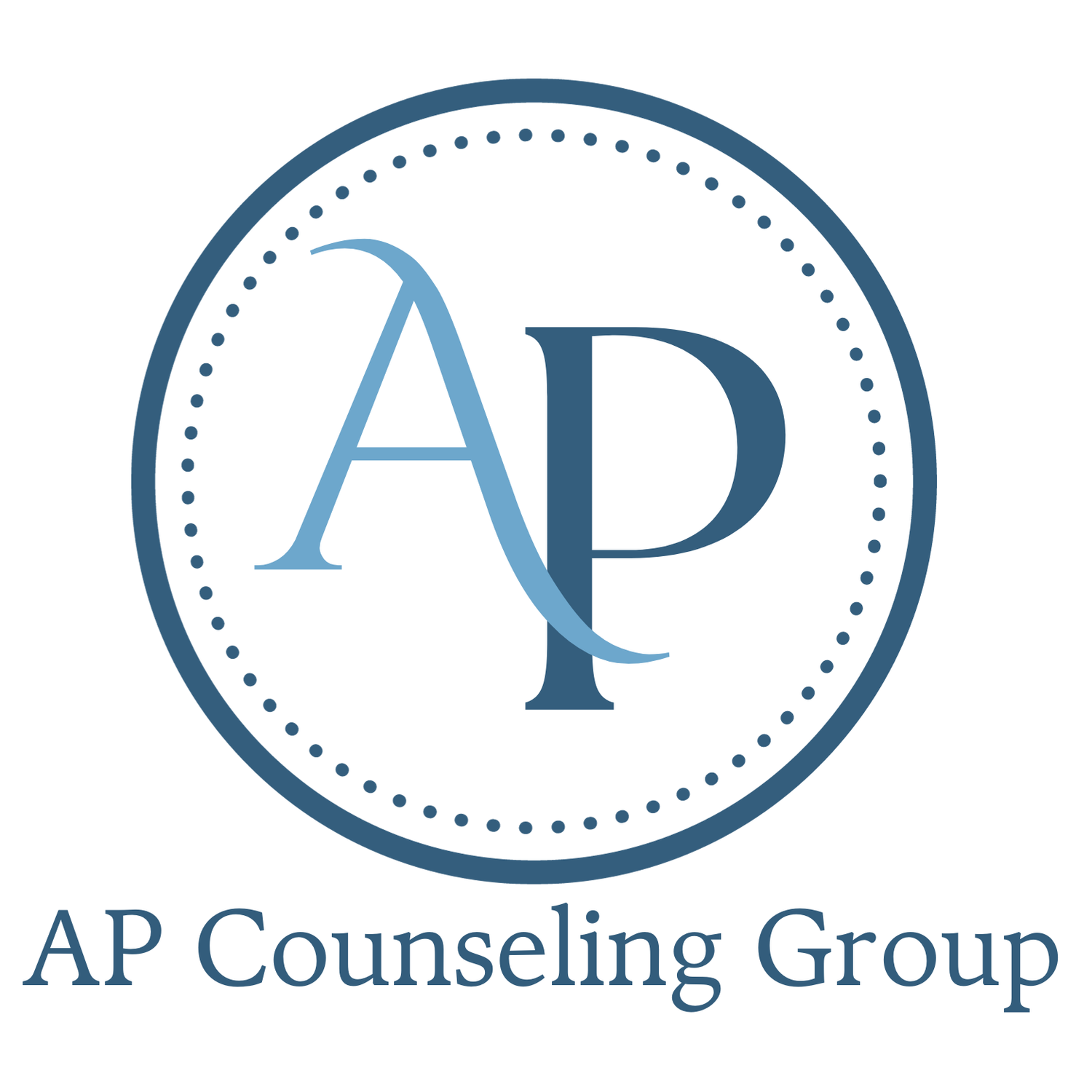How Play Therapy Can Help Children with ADHD
A lot of children are faced with symptoms of ADHD leaving parents to wonder what they can do to help their child to succeed. A common questions I get is “how does play therapy help with adhd?”
What is ADHD?
Attention Deficit Hyperactivity Disorder (ADHD) is a neurodevelopmental disorder that can significantly impact a child's academic performance, social interactions, and overall well-being. Traditional interventions often involve a combination of medication, behavioral therapy, and support from educators and parents. Play therapy is an effective therapy and becoming more popular as a valuable tool in helping children with ADHD navigate challenges.
Understanding ADHD and its Challenges
Before delving into the benefits of play therapy, it's essential to understand the unique challenges faced by children with ADHD. Common symptoms include impulsivity, hyperactivity, and difficulty sustaining attention. These challenges can manifest in academic struggles, strained peer relationships, and low self-esteem. Often times, children with ADHD struggle with emotional regulation and have frequent outburst.
The Power of Play Therapy through child counseling
Play therapy is a form of therapeutic intervention that leverages the natural language of children – play. It provides a safe and supportive environment for children to express themselves, explore their emotions, and develop coping mechanisms. Here's how play therapy can specifically benefit children with ADHD:
Expressive Outlet: Play therapy provides a non-verbal medium for children to communicate their thoughts and emotions. Through various play activities, such as drawing, role-playing, and games, children can express themselves in ways that might be challenging through traditional verbal communication.
Improving Emotional Regulation: Play therapy helps them identify and understand their emotions, fostering self-awareness and emotional intelligence. Learning to express and regulate emotions in a controlled setting can translate into improved behavior and coping skills in daily life. Play therapy uses activities, strategies, storytelling, etc to discussed emotions and appropriate ways to process them.
Enhancing Social Skills: Play therapy often involves interactive games and activities, creating opportunities for children to practice and improve their social skills. This can be particularly beneficial for children with ADHD, as they may experience difficulties in peer interactions due to impulsivity or hyperactivity.
Building Focus and Concentration: Structured play activities in therapy sessions can help children with ADHD develop and practice concentration skills. Engaging in tasks that require sustained attention fosters the development of focus and self-control.
Boosting Self-Esteem: Success in play therapy activities can contribute to a child's sense of accomplishment and self-worth. As they navigate challenges and solve problems during play, their confidence grows, positively impacting their overall self-esteem.
Play therapy offers a holistic and child-centric approach to addressing the challenges faced by children with ADHD. By tapping into a child’s natural language of play, therapists can create a nurturing environment where children can explore, express, and develop crucial skills for managing their ADHD symptoms. Integrating play therapy into the comprehensive treatment plan for ADHD can lead to lasting positive changes and empower children to unlock their full potential.
Amy Oxener talking about how play therapy is helpful when working with children with ADHD

